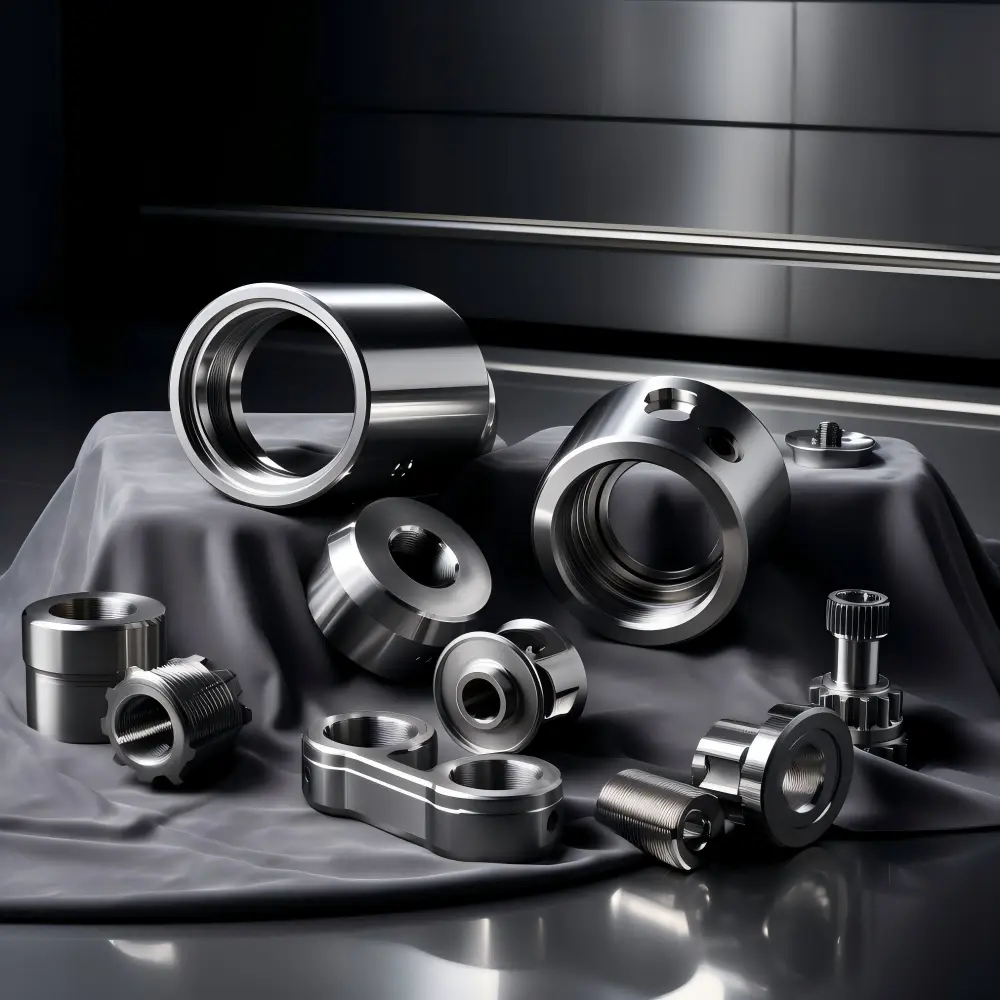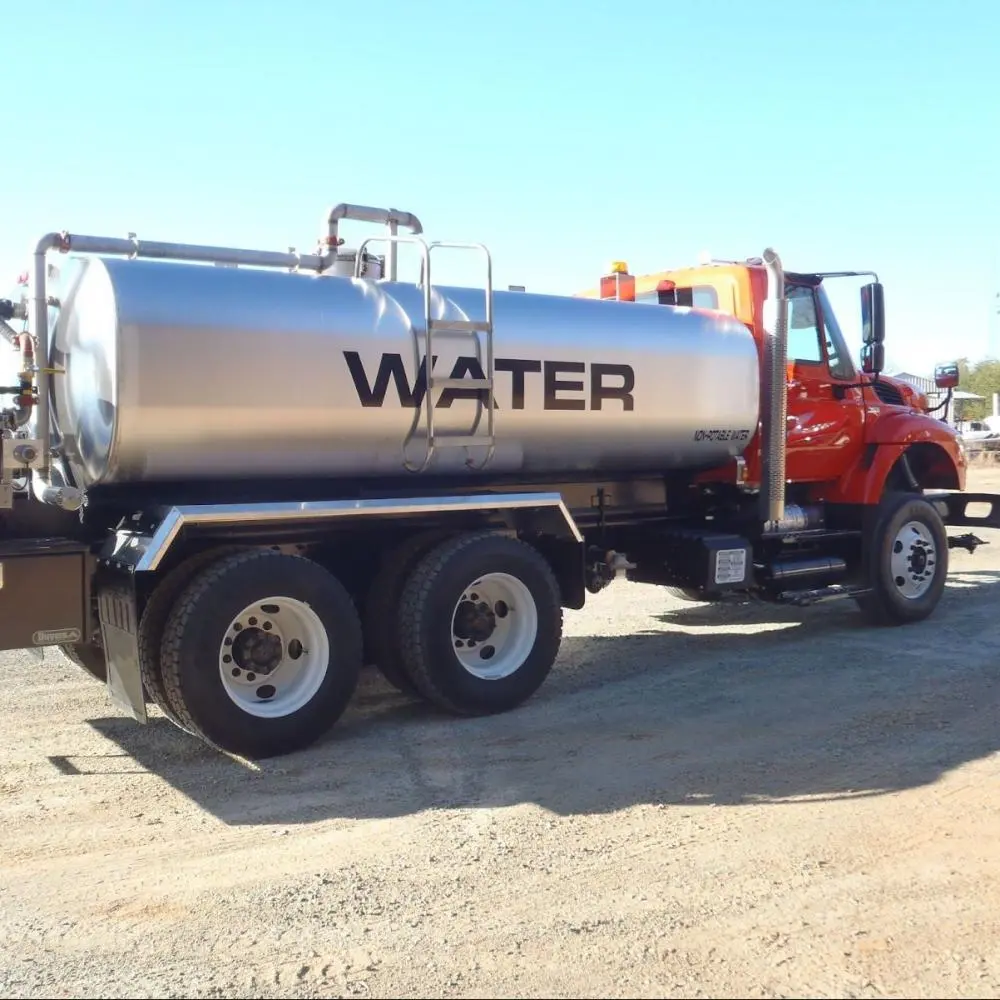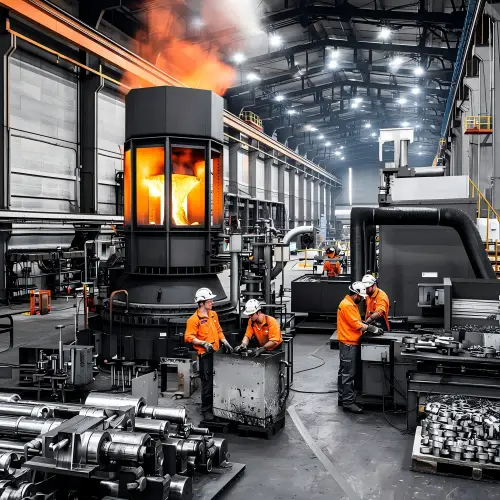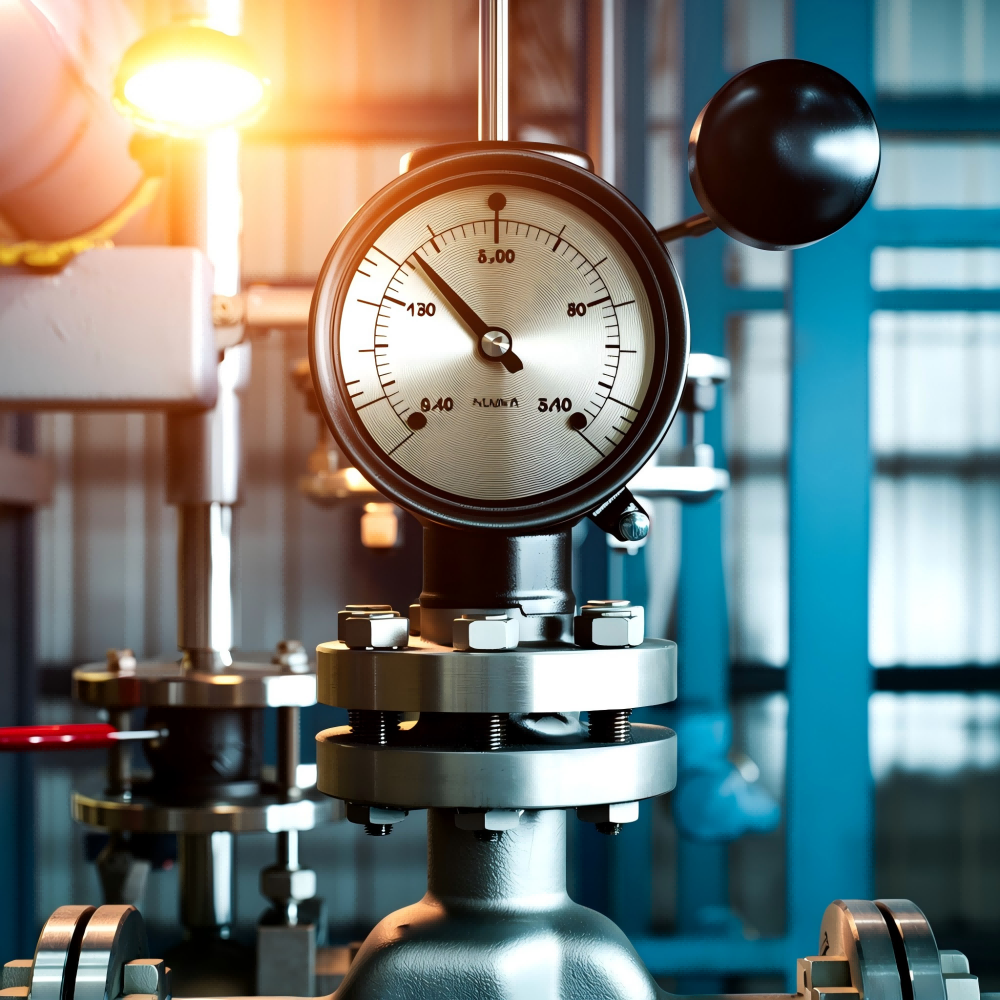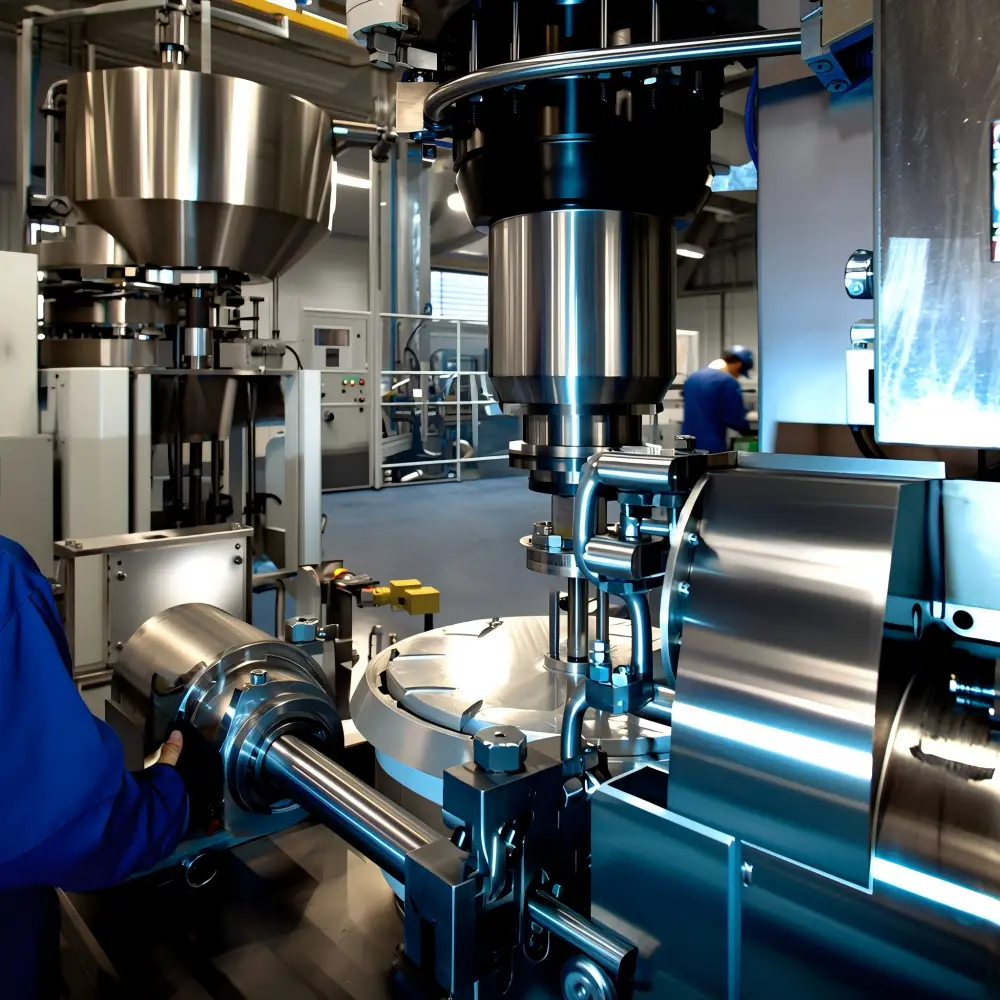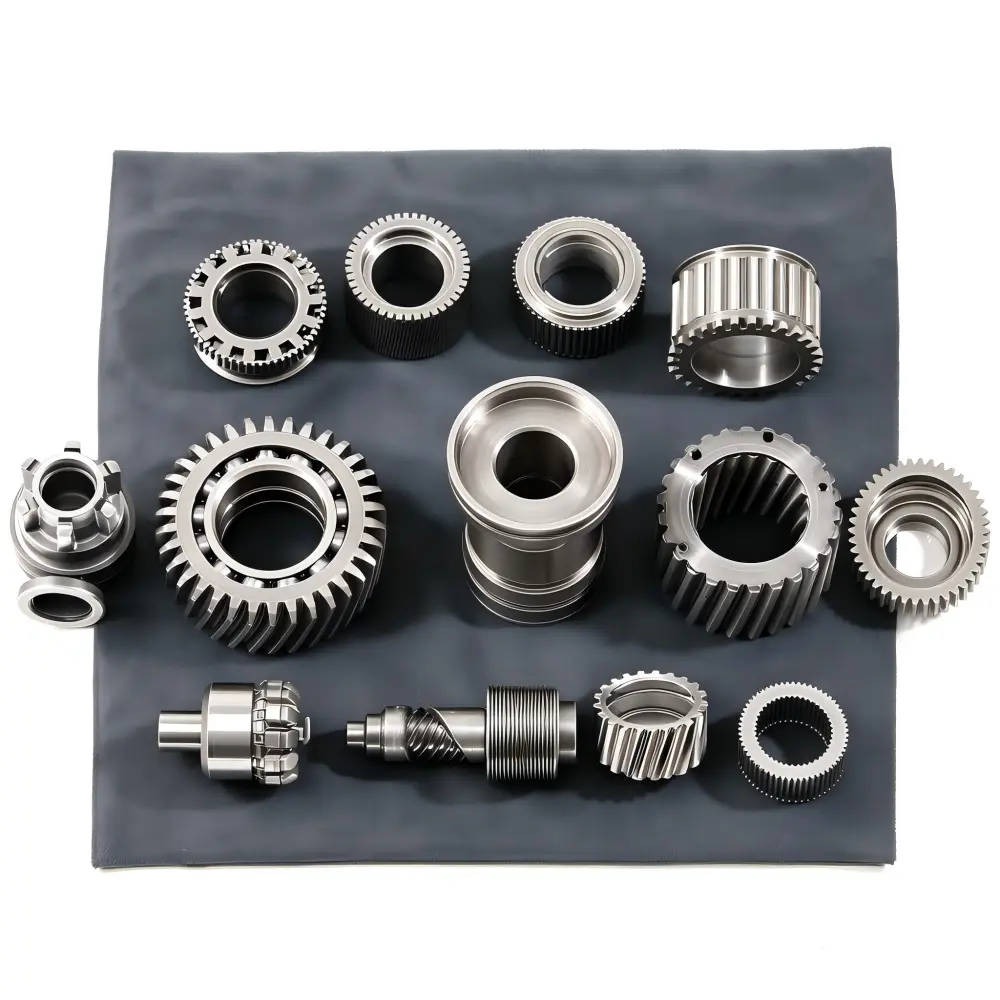Understanding Silicon Bronze in Precision Casting
Silicon bronze stands out for its exceptional properties, making it a preferred choice in precision casting. Its corrosion resistance is remarkable, especially in marine environments, with a corrosion rate of around 0.02 mm/year. This alloy also boasts strong mechanical properties, providing enhanced toughness and flexibility. The balance of hardness and ductility further enhances its appeal. Additionally, silicon bronze offers excellent machinability, allowing for intricate designs and superior surface finishes. These attributes make silicon bronze Precision Casting an ideal solution for applications demanding durability and aesthetic quality.
Detailed Properties of Silicon Bronze
Mechanical Properties
Strength and Durability
Silicon bronze exhibits impressive strength and durability, making it a reliable choice for various applications. The alloy's composition, primarily consisting of copper with silicon and other metals, contributes to its robust mechanical properties. This combination ensures that silicon bronze withstands significant stress and strain without deforming. Its ability to resist metal fatigue further enhances its durability, allowing it to maintain structural integrity over time. According to the Journal of Materials Science, silicon bronze demonstrates remarkable reliability in demanding environments, making it a preferred material for precision casting.
Machinability
The machinability of silicon bronze is another notable attribute. This alloy allows for easy shaping and forming, which is crucial for creating intricate designs and components. Its excellent machinability stems from its balanced hardness and ductility, enabling precise cutting and finishing. This property reduces the need for extensive post-processing, saving time and resources in manufacturing. The Journal of Materials Engineering and Performance highlights how silicon bronze's machinability supports both traditional craft and modern engineering projects, making it versatile across various disciplines.
Thermal Properties
Melting Point
Silicon bronze possesses a relatively high melting point, which enhances its suitability for precision casting. This characteristic ensures that the alloy maintains its form and properties under high-temperature conditions. The stability of silicon bronze at elevated temperatures allows for consistent casting results, minimizing defects and ensuring high-quality outputs.
Thermal Conductivity
The thermal conductivity of silicon bronze plays a vital role in its performance during casting processes. This property facilitates efficient heat transfer, which is essential for achieving uniform cooling and solidification. As a result, silicon Bronze Castings exhibit minimal internal stresses and distortions, contributing to their dimensional accuracy and overall quality.
Corrosion Resistance
Resistance to Environmental Factors
Silicon bronze stands out for its exceptional resistance to environmental factors, particularly in corrosive settings. Its ability to withstand non-oxidizing environments surpasses that of many other metals, including stainless steel. This resistance makes silicon bronze an ideal choice for applications exposed to harsh conditions, such as marine environments. The alloy's protective oxide layer prevents degradation, ensuring longevity and reliability.
Longevity in Harsh Conditions
The longevity of silicon bronze in harsh conditions is a testament to its superior corrosion resistance. This alloy maintains its structural integrity and appearance even when subjected to challenging environments. Its durability in saltwater and other corrosive settings makes it a favored material in industries like shipbuilding and underwater construction. The Journal of Materials Engineering and Performance emphasizes silicon bronze's pivotal role in promoting both aesthetic and functional objectives across various fields.
Advantages in Precision Casting
Dimensional Accuracy
Silicon bronze precision casting excels in achieving high dimensional accuracy. This characteristic is crucial for applications requiring precise measurements and intricate details. The alloy's composition allows it to maintain its shape and size during the casting process, ensuring that the final product meets exact specifications. silicon bronze precision casting
Consistency in Casting
Consistency in casting is a significant advantage of using silicon bronze. The alloy's properties enable it to flow smoothly into molds, filling every crevice and corner. This results in uniformity across multiple castings, reducing the likelihood of defects or variations. Manufacturers can rely on silicon bronze to produce consistent and reliable components, enhancing the efficiency of production lines.
Fine Detail Reproduction
The ability to reproduce fine details is another strength of silicon bronze precision casting. The alloy's excellent pouring ability allows it to capture intricate patterns and textures with high fidelity. This makes it an ideal choice for applications where aesthetic quality is paramount, such as in artistic sculptures and architectural elements. The precision in detail reproduction ensures that the final product reflects the designer's vision accurately.
Surface Finish Quality
Silicon bronze offers superior surface finish quality, which is essential for both functional and aesthetic purposes. The smoothness of the cast surface reduces the need for additional finishing processes, saving time and resources.
Smoothness and Aesthetic Appeal
The smoothness of silicon bronze castings contributes to their aesthetic appeal. The alloy's ability to form a clean and polished surface enhances the visual quality of the final product. This is particularly important in applications where appearance matters, such as in decorative elements and high-end consumer goods. The natural luster of silicon bronze adds to its attractiveness, making it a preferred material for designers and artists.
Reduced Need for Post-Processing
Silicon bronze's excellent surface finish quality minimizes the need for post-processing. The alloy's properties allow it to achieve a near-perfect finish straight out of the mold. This reduces the time and cost associated with additional machining or polishing. Manufacturers benefit from increased efficiency and reduced production costs, making silicon bronze a cost-effective choice for precision casting projects.
Comparison with Other Alloys
Silicon Bronze vs. Brass
Strength and Corrosion Resistance
Silicon bronze and brass differ significantly in terms of strength and corrosion resistance. Silicon bronze offers a superior combination of strength and corrosion resistance, making it ideal for demanding environments. Its high tensile strength ensures durability, while its excellent corrosion resistance makes it suitable for marine applications. In contrast, brass is softer and more malleable. While brass provides adequate corrosion resistance, it does not match the robustness of silicon bronze, especially in harsh conditions.
Cost and Availability
When considering cost and availability, brass often emerges as the more economical choice. It is widely available and generally less expensive than silicon bronze. This affordability makes brass a popular option for applications where cost is a primary concern. However, silicon bronze justifies its higher price with its enhanced properties, particularly in applications requiring long-term durability and resistance to corrosive elements.
Silicon Bronze vs. Aluminum Bronze
Weight and Strength
Aluminum bronze is renowned for its high strength and excellent wear resistance. It offers a robust solution for applications requiring heavy-duty performance. However, silicon bronze provides a balanced combination of strength and workability, making it easier to machine and cast into complex shapes. While aluminum bronze may offer higher strength, silicon bronze's ease of workability often makes it the preferred choice for precision casting.
Specific Use Cases
The specific use cases for these alloys highlight their unique advantages. Silicon bronze excels in environments exposed to corrosive substances, such as marine and chemical industries. Its ability to resist corrosion and maintain an appealing surface finish makes it a favored material in these sectors. On the other hand, aluminum bronze finds its niche in applications demanding high wear resistance and strength, such as heavy machinery and aerospace components. Each alloy serves distinct purposes, with silicon bronze offering versatility and aluminum bronze providing exceptional durability.
Practical Applications
Silicon bronze precision casting finds its place in various industries due to its unique properties. Its adaptability and resilience make it a preferred choice for applications requiring durability and aesthetic appeal.
Marine Industry
Components and Fittings
In the marine industry, silicon bronze precision casting plays a crucial role. The alloy's exceptional corrosion resistance makes it ideal for components and fittings exposed to saltwater. Professional insights highlight that silicon bronze resists saltwater damage and biofouling, ensuring longevity and reliability. This makes it suitable for manufacturing propellers, hull attachments, and fasteners. These components benefit from the alloy's strength and resistance to fatigue, enhancing safety and reliability in ship design.
Longevity in Saltwater
Silicon bronze's ability to withstand harsh marine environments extends the lifespan of marine components. Its protective oxide layer prevents corrosion, reducing maintenance costs and increasing service life. Expert testimony emphasizes that this alloy offers improved safety and reliability, making it a popular choice for marine applications. The durability of silicon bronze precision casting ensures that marine equipment remains functional and efficient over extended periods.
Art and Sculpture
Detail and Finish
Artists and sculptors favor silicon bronze precision casting for its ability to capture intricate details and achieve a high-quality finish. The alloy's excellent machinability allows for the creation of complex shapes and textures, reflecting the artist's vision accurately. Its smooth surface finish enhances the aesthetic appeal of sculptures, making them visually striking. The precision in detail reproduction ensures that each piece stands out as a work of art.
Popularity Among Artists
Silicon bronze's popularity among artists stems from its versatility and aesthetic qualities. The alloy's natural luster and ability to hold fine details make it a preferred material for artistic creations. Sculptors appreciate its ease of use and the ability to achieve a polished finish without extensive post-processing. This makes silicon bronze precision casting an attractive option for artists seeking to create stunning and durable sculptures.
Architecture
Decorative Elements
In architecture, silicon bronze precision casting contributes to the creation of decorative elements that enhance the visual appeal of buildings. The alloy's ability to form intricate designs and maintain a smooth surface finish makes it ideal for architectural details. Its corrosion resistance ensures that these elements remain beautiful and intact over time, even in outdoor settings.
Structural Components
Silicon bronze also finds application in structural components within architecture. Its strength and durability make it suitable for load-bearing elements that require both functionality and aesthetic appeal. The alloy's resistance to environmental factors ensures that these components maintain their integrity and appearance, contributing to the overall stability and beauty of architectural structures.
Challenges and Considerations
Cost Implications
Material Costs
Silicon bronze, with its high copper content, tends to be more expensive than other metal alloys like steel or aluminum. This cost difference arises from both the raw materials and the complex production processes involved. Projects that require large quantities of silicon bronze must account for these higher material costs in their budgets. Despite the initial expense, many industries consider silicon bronze a worthwhile investment due to its superior properties.
Production Costs
The production of silicon bronze involves intricate procedures that can increase overall costs. These processes ensure the alloy's strength and corrosion resistance, making it suitable for demanding applications. While the upfront production costs may seem high, the long-term benefits often justify the investment. Silicon bronze's durability and low maintenance requirements can lead to substantial savings over time, especially in projects with longevity demands.
Limitations in Certain Applications
Temperature Constraints
Silicon bronze exhibits specific temperature constraints that may limit its use in certain applications. The alloy's melting point, while relatively high, may not be suitable for environments with extreme temperatures. In such cases, alternative materials with higher thermal resistance might be necessary. However, silicon bronze remains an excellent choice for applications where moderate temperature stability suffices.
Specific Industry Requirements
Certain industries may have specific requirements that silicon bronze cannot meet. For example, applications needing extremely lightweight materials might find silicon bronze less suitable due to its density. Additionally, industries with stringent cost constraints might opt for more economical alternatives like brass or aluminum. Despite these limitations, silicon bronze's unique combination of strength and corrosion resistance makes it a preferred option for many specialized applications, particularly in marine and heavy-duty environments.
Silicon bronze precision casting stands out due to its remarkable properties. This alloy offers exceptional corrosion resistance, making it ideal for applications in harsh environments. Its strength and formability allow for intricate designs and durable components. Silicon bronze precision casting excels in architectural applications, sculptures, and artistic projects, thanks to its fluidity and aesthetic appeal. While it presents some cost challenges, the benefits often outweigh these concerns. The balance of durability, ease of casting, and visual quality makes silicon bronze precision casting a preferred choice across various industries.
See Also
Exploring The Benefits Of Silicone Sol Precision Casting
The Complete Guide To Silicone Sol Precision Castings






